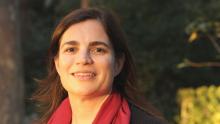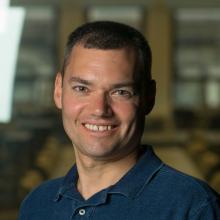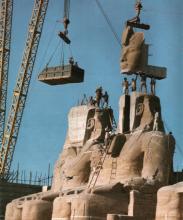
Academic Freedom in Higher Education - Prof. Asli Ü. Bâli, Yale Law School
Asli Ü. Bâli is the Howard M. Holtzmann Professor of Law at Yale Law School. She is an expert in international human rights law and comparative constitutional law focused on the Middle East. Dr. Bâli received her doctorate in Politics from Princeton University in 2010 and her law degree from Yale. Before her academic career, she worked for the UN Office of the High Commissioner for Human Rights and as an associate at Cleary Gottlieb. Shen then went on to UCLA where she was a founding faculty director of the Promise Institute for Human Rights. Dr.
Axinn Center 229
Open to the Public


